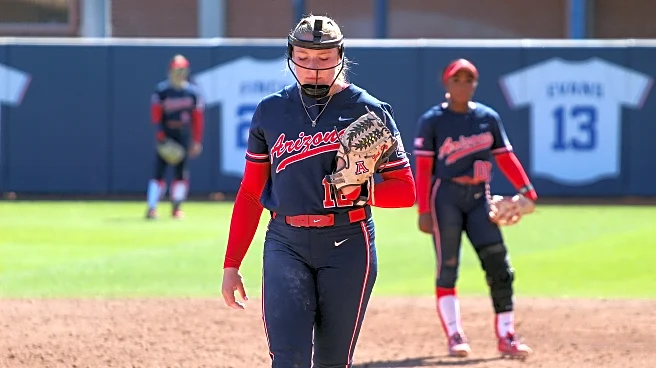Rapid Read • 7 min read
Recent advancements in chimeric antigen receptor (CAR) T-cell therapy have focused on preserving T-cell receptor (TCR) expression to improve cell persistence and efficacy. Traditional allogeneic CAR-T therapies face challenges such as graft-versus-host disease (GVHD) and poor cell survival. A novel approach involving the deletion of signal peptide peptidase-like 3 (SPPL3) has shown promise in enhancing CAR-T cell persistence without increasing GVHD risk. In a phase 1 clinical trial, SPPL3-null CAR-T cells demonstrated safety and efficacy in treating B-cell hematologic malignancies.
AD
This development represents a significant step forward in CAR-T cell therapy, potentially overcoming key limitations of current treatments. By preserving TCR expression, this approach may enhance the longevity and effectiveness of CAR-T cells, offering new hope for patients with hematologic cancers. The findings could lead to more effective and safer CAR-T therapies, expanding treatment options for patients who do not respond to conventional therapies.
Further clinical trials are needed to validate these findings and explore the full potential of TCR-preserved CAR-T cells. Researchers will likely investigate the application of this approach to other types of cancer and assess long-term outcomes. The success of these trials could pave the way for broader adoption of this technology in clinical practice.
The study highlights the importance of balancing efficacy and safety in CAR-T cell therapy. It also underscores the potential of genetic engineering to address complex challenges in cancer treatment, opening new avenues for research and innovation.
AD
More Stories You Might Enjoy












